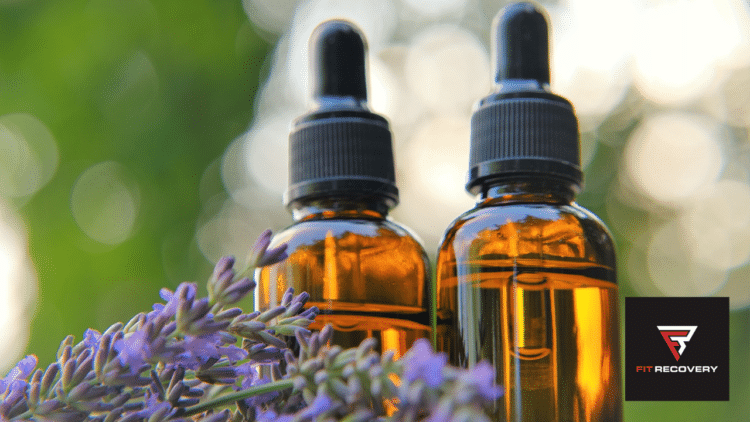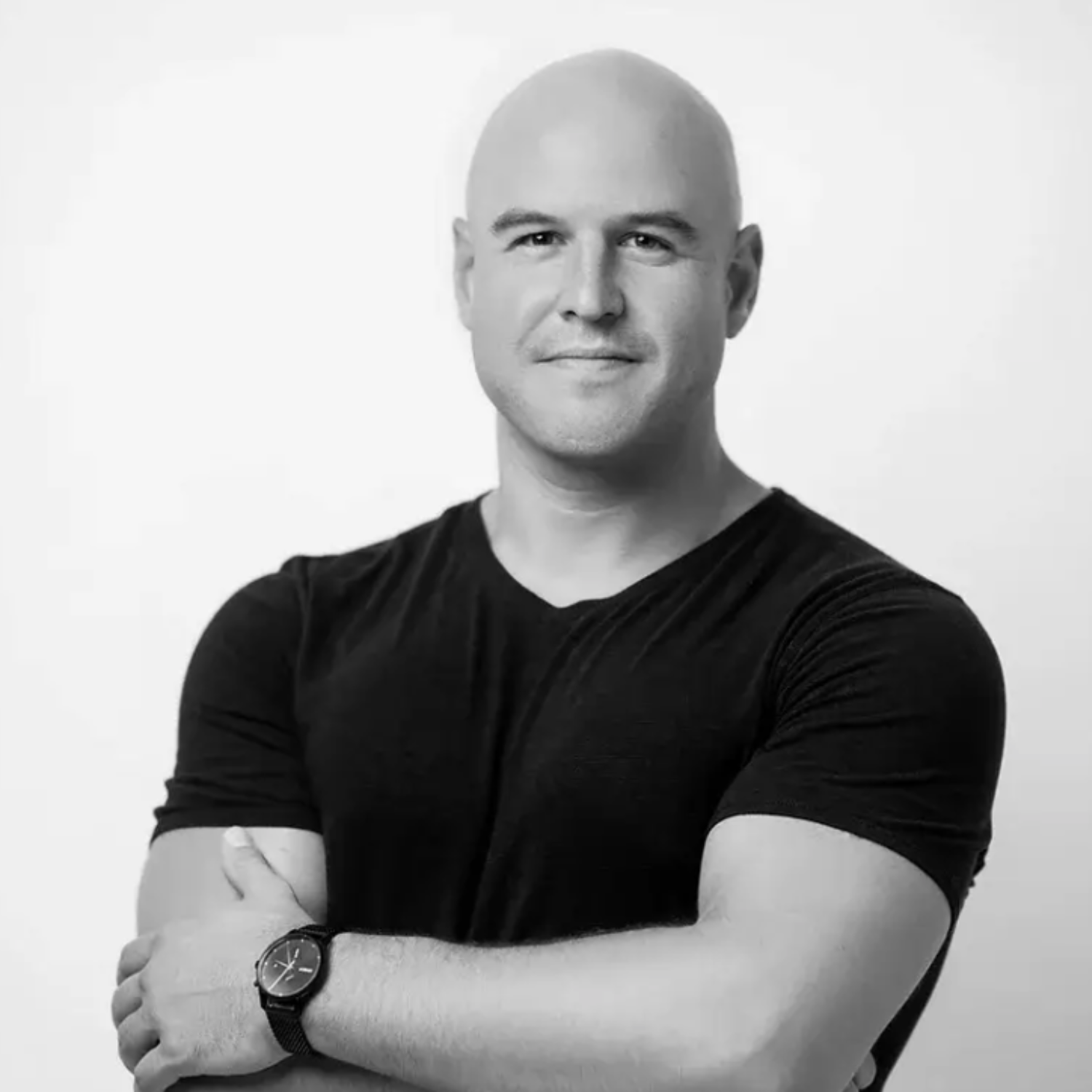
Commonly, alcohol addiction can be complicated to handle. Alcohol addiction is characterized by having cravings for alcohol and a lack of control when drinking. The main challenge with an alcoholic person is the desire to continue using the substance despite knowing the harm it’s causing in their life. Some people would often start drinking at a young age and carry on until they get old. This pattern may even go unnoticed by some people until something terrible happens, like getting involved in road accidents or coming into conflict with their families.
Some people who suffer from alcoholism cannot comprehend that what they’re feeling is withdrawal symptoms caused by abstinence from alcohol, which could manifest itself in such ways as depression, paranoia, irritability, restlessness, etc. Many people who have been addicted to drinking in the past would tell you that they have been trying to quit drinking, mainly due to the withdrawal symptoms.
In most cases, people try quitting by going cold turkey, which means stopping without tapering off, but most people fail with this method because of the severe withdrawal symptoms. The good news is that there are other ways one can use not to experience such harsh conditions. Moreover, many people in the elderly try to join loving home care services where they are provided with life care services. There are alternative therapies one can use, for example, herbal remedies, which have proven effective at treating alcoholism without causing any form of withdrawal symptoms.
Here are some of the herbal remedies that may be able to stop you from getting alcohol addiction;
Lavender oil
This oil comes from flowers found in France. Lavender has been used for treating alcoholism both in the past and present days. Lavender essential oil is known to have analgesic properties, which can help cure diseases with pain. Besides, lavender oil contains antidepressant properties that reduce stress, anxiety, or depression due to alcohol withdrawal symptoms. The best way of consuming this oil is to allow a few drops under your tongue before going to bed at night.
Marijuana
Marijuana is one of the most controversial herbs used in treating alcoholism despite being effective when administered with care by professionals. This herb comes from the hemp plant, whose flowers are dried up then smoked. The advantages of using marijuana include relieving stress, anxiety, or depression that may result from alcohol withdrawal symptoms. The other way of consumption is eating marijuana-infused foods, but this method should only be used by experienced people familiar with dosage under the care of a doctor, in places where it is legal. Marijuana can be addictive as well, though the rest of the herbs on this list have no addictive properties.
Ginseng
Ginseng comes from a plant whose root is consumed either as a dried powder or fresh root rid of the dirt. This herb can help reduce stress and anxiety, typical withdrawal symptoms for an alcoholic person. However, there have been reported cases where people experienced restlessness after taking ginseng, which may lead to hypertension or insomnia, so one must be careful when using this herb.
Kava Kava
This herb has been used for treating alcohol addiction since the year 1849. It comes from a plant that contains soothing properties, which means it can help cure diseases causing people to feel agitated or irritable. The other advantage is that this herb can help treat insomnia due to alcohol withdrawal symptoms. The way of consumption includes drinking kava-kava tea, drinking capsules infused with kava root, drinking tinctures, or chewing fresh roots.
Gingko Biloba
This herbal remedy comes from a tree whose leaves are dried then used to make teas or extracts. Gingko Biloba has an antidepressant property which means it can help treat anything
Author
-
A decade+ addiction-free, Chris Scott, the visionary founder of Fit Recovery, passionately guides Fit Recovery 2.0 Members toward a vibrant, healthier lifestyle. Through the integration of groundbreaking nutritional strategies, transformative reframing techniques, neurolinguistic programming, and dynamic pro-recovery habit systems, he inspires individuals to boldly take charge of their lives and break free from alcohol. Chris is celebrated as a Professional Member of the Alliance For Addiction Solutions. Moreover, he is the proud author of the bestselling book "Drinking Sucks!" which stands as a vital beacon of hope for those yearning to quit drinking. Additionally, he created the celebrated online program Fit Recovery 2.0, designed to provide unwavering support for individuals embarking on their recovery journey.
View all posts Fit Recovery Founder & Director






